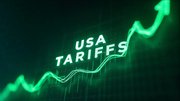E-commerce
Pokémon packs, now with a side of Temu
A New Jersey card shop taps Temu's U.S. seller program to convert digital discovery into national sales and surprising in-store visits.
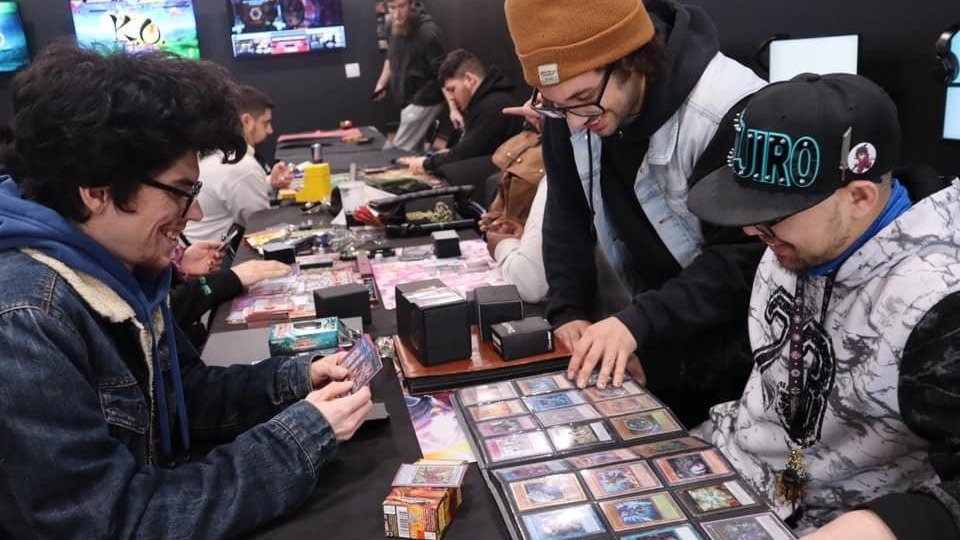
October 15, 2025 by Retail Customer Experience
On a recent Saturday morning, a man from Staten Island walked into a strip-mall store in central New Jersey clutching a shopping bag like it held treasure. He had just driven 50 miles for a bundle of Pokémon cards — cards he didn't first discover in a hobby shop, but on Temu, the bargain-hunter's online marketplace better known for silicone spatulas and novelty socks.
That kind of pilgrimage is becoming more common.
Cards2Go, a small chain of trading card stores in New Jersey, has become an unlikely beneficiary of Temu's splashy arrival in the U.S. Customers order boxes of cards online, then sometimes show up in person to see the source. "We've had people come in from Delaware, Pennsylvania — places where we don't even advertise," said Mike Bekkerman, the 31-year-old owner. "They start on Temu and end up at our counter."
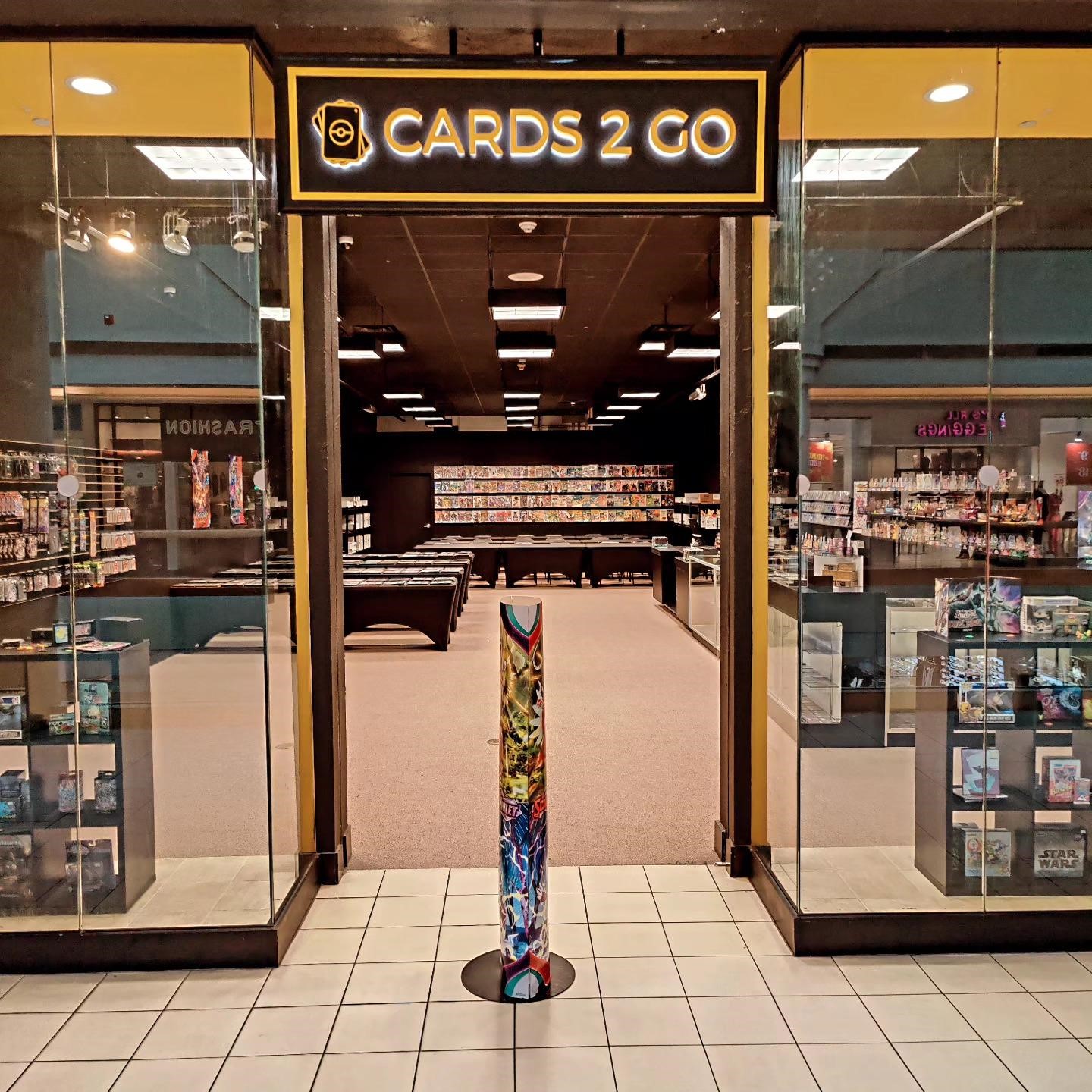 |
| Cards2Go's store located in Freehold Raceway Mall, New Jersey. (Image Source: Cards2Go) |
Bekkerman grew up rifling through cardboard boxes of Pokémon, Yu-Gi-Oh! and baseball cards long before algorithms pushed them into a phone feed. Two decades later, his business looks like a mash-up of a comic convention booth and a toy store, with Pokémon tins stacked shoulder-high and glass cases holding the rarities. He now runs two stores with a third on the way.
What he didn't expect was that the next big driver of his growth would be an e-commerce platform that launched in the U.S. in 2022 and quickly became a go-to destination for everything from everyday necessities to unique finds.
In early 2025, Temu quietly opened its doors to American sellers. Bekkerman read about the shift and signed up right away. "We're always looking for new opportunities," he said. "Temu brings the traffic, and we just have to keep people coming back."
Instead of listing everything in his catalog, Cards2Go built Temu-specific bundles: 50 to 200 Pokémon cards packed in glossy boxes, priced between $8 and $29. Each box is a lucky dip of character, trainer and energy cards. It's not the most sophisticated way to collect, but it's catnip for gift-givers, grandparents and anyone intimidated by terms like "reverse holos" and "secret rares."
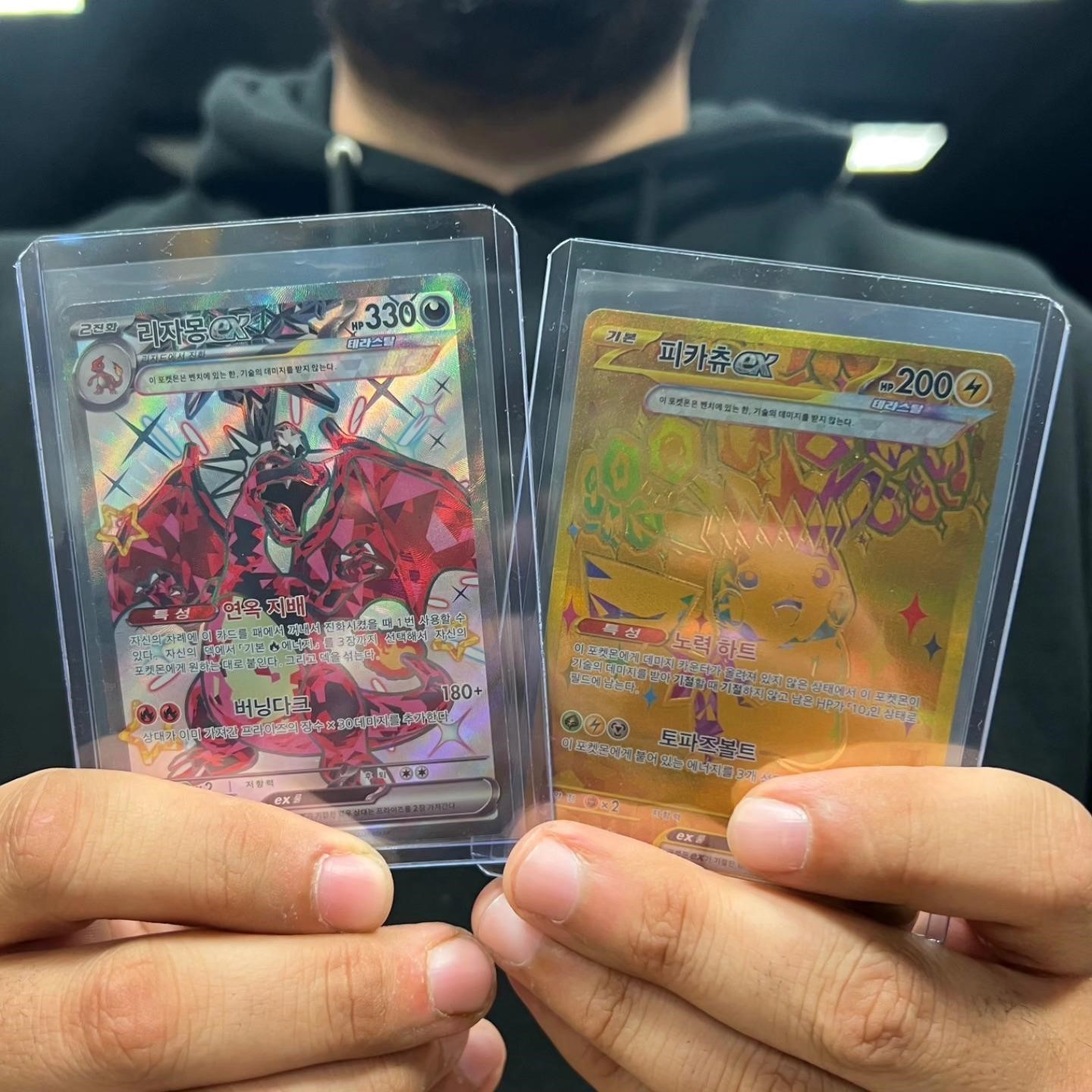 |
| Collector shows off rare Pokémon cards found through Cards2Go. (Image Source: Cards2Go) |
"These aren't cheap products — just affordable," Bekkerman said. He buys cards in bulk, filters out any that are damaged and boxes only the best. The packaging itself often gets reused by collectors, another small bonus.
Pokémon cards have a curious economy. For every Charizard that fetches hundreds of dollars, there are thousands of less flashy cards worth only pennies. Bekkerman's system is to sift relentlessly. "For every thousand cards we purchase, we might only use 800," he said. Counterfeits and cards with bent edges don't make the cut.
That gatekeeping has helped him rack up more than 21,000 unit sales on Temu in just a few months across fewer than 20 listings. Roughly 93% of buyers, he says, return within 30 days — a strong repeat rate for an open marketplace.
Many customers have shared in their reviews that what began as a gift for a child or grandchild soon turned into a personal hobby. "We're seeing lots of customers in their 40s, 50s, and 60s buying these for their kids or grandkids — then coming back to order for themselves," Bekkerman said. "Comments like that are showing up more and more on the platform."
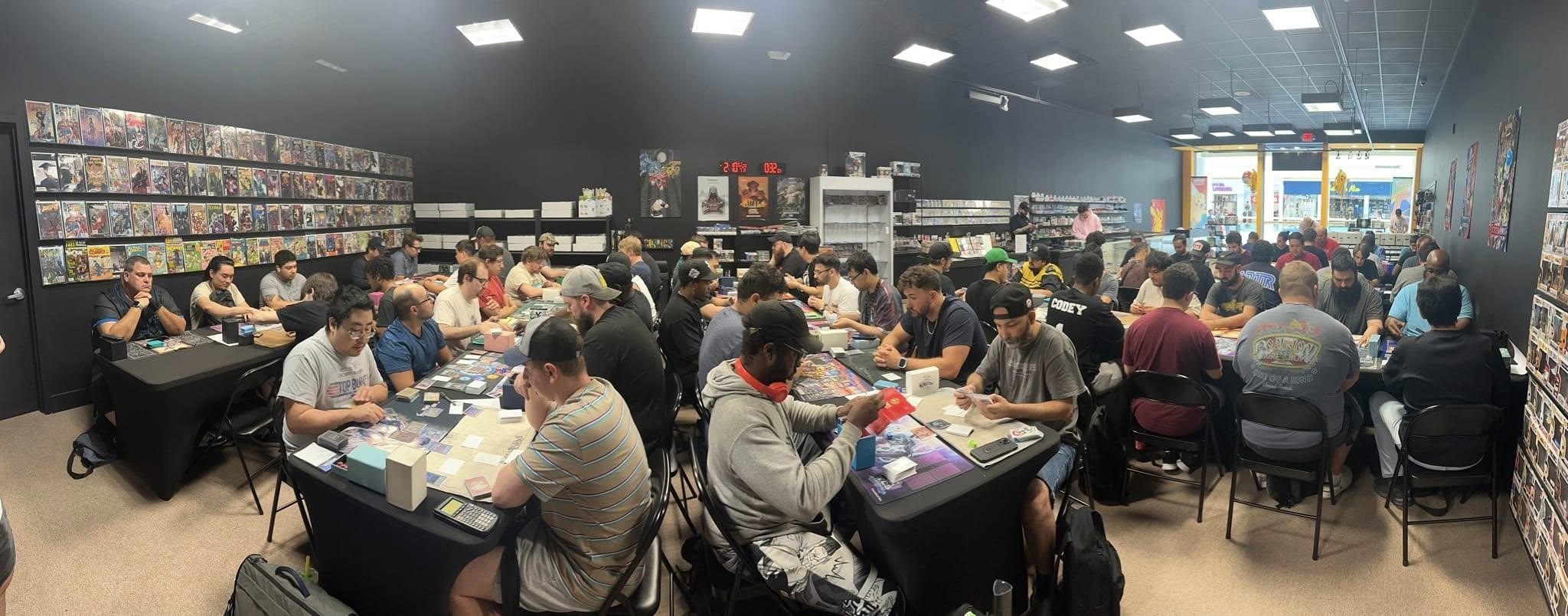 |
| Trading card game enthusiasts gather at Cards2Go's physical store to play and compete. (Image Source: Cards2Go) |
Cards2Go still depends on foot traffic — the weekend rush of kids with allowance money, the dads who grew up on Pokémon now sharing the hobby with their children. But the Temu channel has become what Bekkerman calls "meteor insurance."
"If something unexpected happens — like a meteor hitting both stores—we'd need other revenue streams," he said. "Diversification is important. Just like pulling a rare holographic card, you never know when it'll come in handy."
Perhaps the strangest twist is that a digital storefront has ended up driving analog traffic. More than once, Temu buyers have shown up asking for the staff they think packed their order. One family even asked for a tour.
The store, it turns out, looks exactly like what it is: a small retailer that stumbled onto a national stage. "Temu hires good people, they listen to seller feedback, and they're expanding like crazy," Bekkerman said. "I don't know what the long-term looks like, but right now it's working."

 ChatGPT
ChatGPT Grok
Grok Perplexity
Perplexity Claude
Claude



